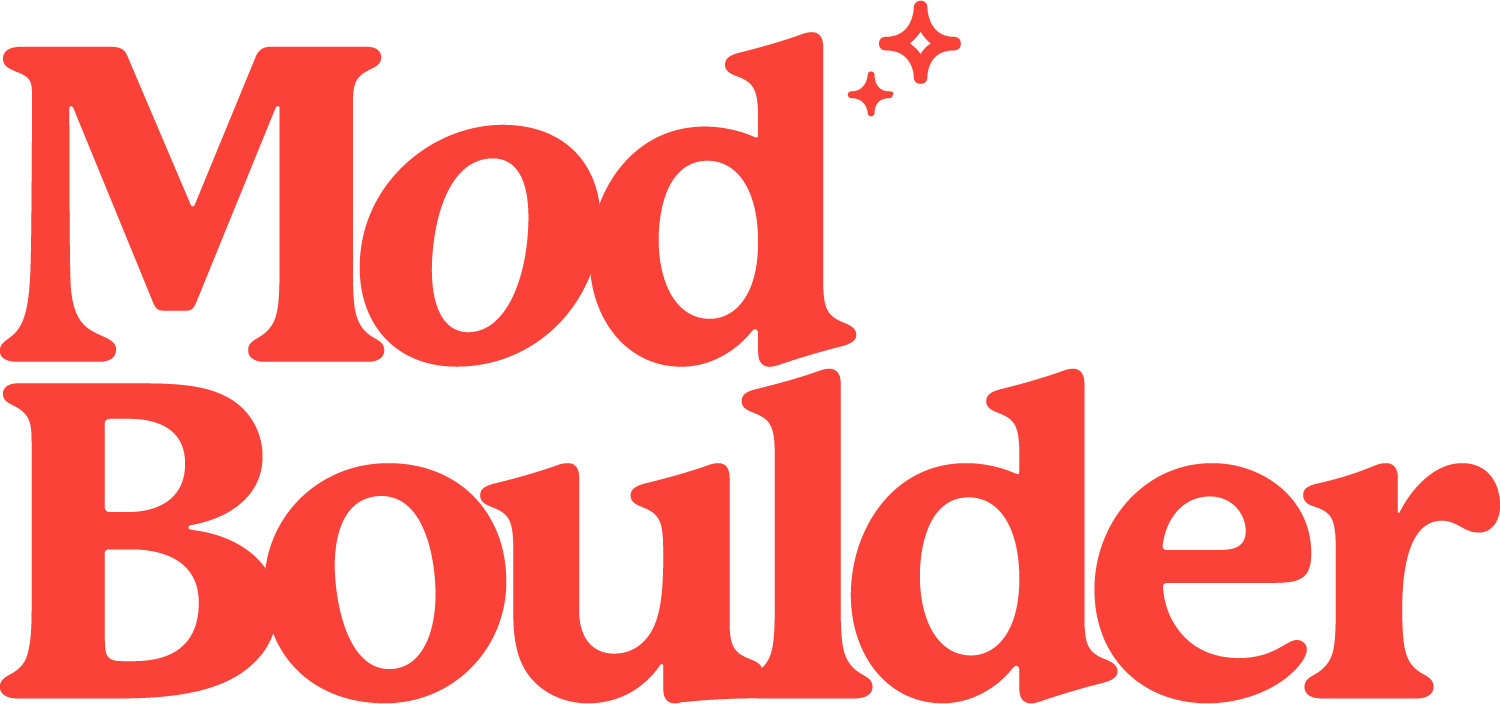The Boulder Bubble: How Local Change-Makers Influenced Boulder's Rise to the Top
When Boulder achieved the elusive million-dollar town status—meaning the average sales price of a home is a cool million—the talk of a housing bubble became the go-to chatter around the water cooler. (Or the kombucha kegerator—this is Boulder, after all.)
Indeed, Boulder reached its seven-digit status in quick fashion. In 2013, home prices were averaging around $600,000; by June 2016, that number ballooned to $1,000,000—an impressive increase in a short amount of time. But before we talk about the possibility of such a bubble bursting, let’s first pinpoint the cause of the sharp rise in real estate prices.
The first thing that comes to mind is the tried-and-true axiom of “supply equals demand.” Since the adoption of intentional slow-growth policies, Boulder’s housing inventory will forever be limited. In 2013, when prices started jumping by ten-plus percent annually, residents and would-be residents alike wondered, “What’s happening?” What was happening had actually been going on for several years. The impetus of this skyward trajectory found its footing prior to 2013, guided by the business decisions of several local influencers: Kimbal Musk, Brad Feld, and tech giant Google. Meanwhile, a cultural shift at our beloved University of Colorado provided the proverbial lightning in a bottle.
In April 2004, Kimbal Musk (brother of Tesla’s Elon) opened The Kitchen Boulder, a community bistro that has consistently been named one of America’s top restaurants. This local empire eventually expanded, adding The Kitchen Upstairs, a swanky cocktail lounge directly above The Kitchen Boulder, as well as The Kitchen Next Door, a casual American eatery, just to the west of the original restaurant. This was the beginning of a world-class row of restaurants on the west end of Pearl Street.
Brad Feld has been a Boulder resident since the mid ‘90s, but it wasn’t until the mid ‘00s that his influence took to the larger stage, when he cofounded the startup accelerator Techstars alongside the venture capital firm the Foundry Group. These two sought-after tech companies paved the way for Boulder’s burgeoning startup crowd. Subsequently, it was these entrepreneurial hipsters who paved the way for an even larger tech influencer, Google. (Heard of ‘em?)
Since the mid ‘00s, Google has had a quiet presence in Boulder, but when word spread of its new state-of-the-art, 330,000-square-foot campus at the southwest corner of 30th Street and Pearl Parkway, it became the talk of the town. With the promise of 1,500 highly paid techies flooding into our city, Boulder began to be compared with other tech hubs where housing prices have soared exponentially. (Palo Alto, we’re looking at you.)
The University of Colorado has always had a great influence on Boulder. The renowned university has been the catalyst behind acronym institutions like NIST, NCAR, and even IBM. And CU Boulder’s influence extends beyond scholarly enterprises: in 2011, CU athletics officially joined the Pac-12, ending its affiliation with the Big 12 Conference. Culturally, this switch moved Boulder from the midwest to the west coast. With the combination of these academic and cultural shifts, Musk’s world-class culinary ventures, Feld’s start-up innovations, and Google’s Silicon Valley mentality, it’s clear where Boulder’s increased desirability came from.
Now, back to that bubble. A housing bubble is defined as “a temporary condition caused by unjustified speculation in the housing market that leads to a rapid increase in real estate prices.” No doubt, Boulder has seen a rapid increase in real estate prices, but this sampling of influential change-makers (just to name a few) proves that the speculation is far from unjustified.

